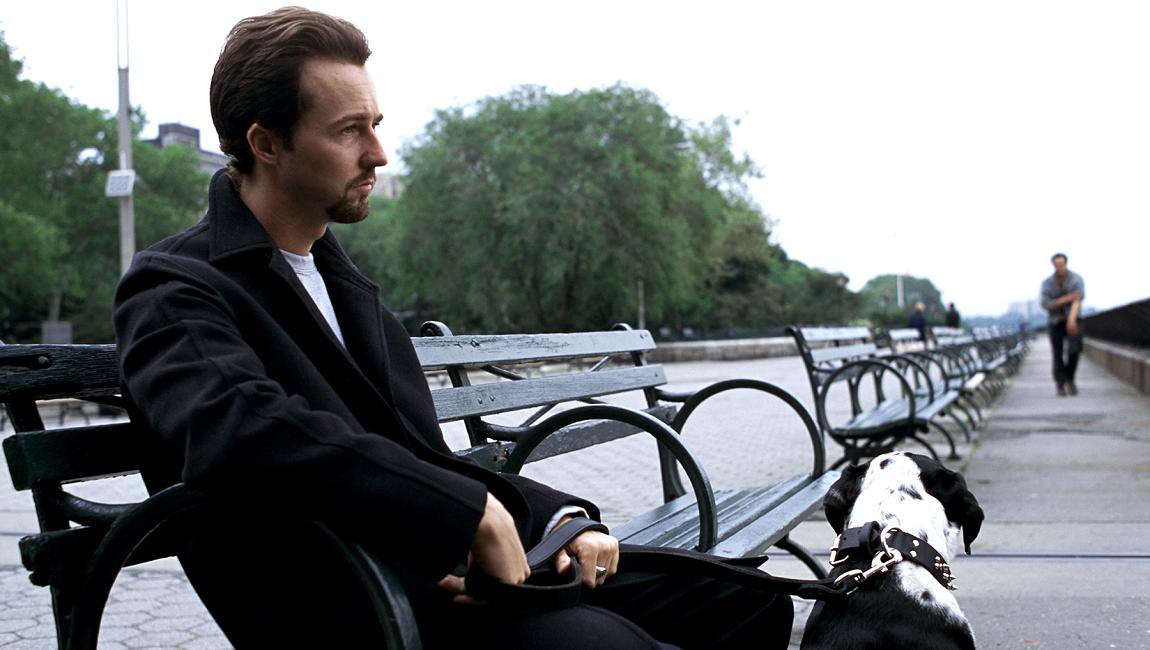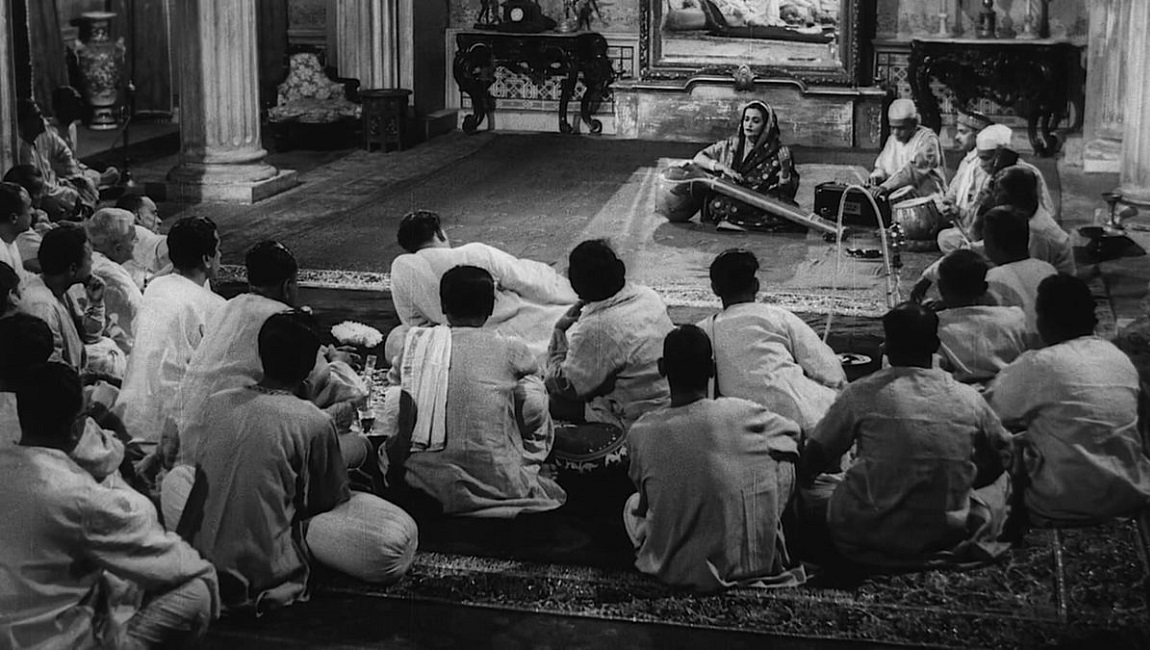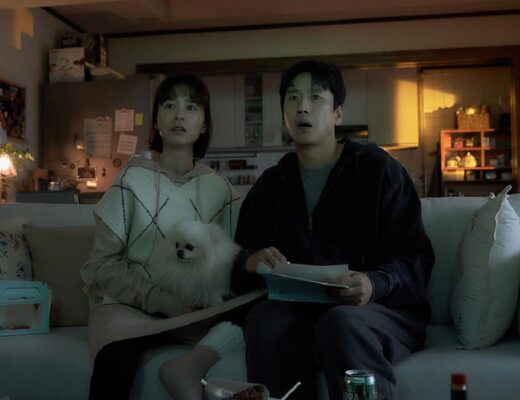For some time, and even still, the accepted critical narrative regarding Spike Lee’s 25th Hour positioned the film as one of the significant peaks in his body of work, if not the greatest, and, up until recently, his last project of note (give or take Inside Man). Attitudes and perceptions have shifted some in the years following 2015’s Chi-Raq and Lee’s subsequent reemergence as an awards contender, but also not really: the substantial amount of work he produced in the wake of 25th Hour remains largely unacknowledged or passively dismissed, while this film’s reputation hasn’t particularly diminished. In regards to its sustained popularity, it’s hard not to see the assertion (by the predominantly white media apparatus) that this film is Lee’s finest accomplishment in an uncharitable light, particularly when one takes into account that it’s sandwiched between two of the more exciting features in his filmography — Bamboozled and She Hate Me. These movies are everything that 25th Hour is not: risky, fraught, confrontational, formally experimental, etc., and they were also critical and commercial failures, Bamboozled having only been recently vindicated.
Obviously, formally a product of Lee’s imagination, 25th Hour otherwise lacks the filmmaker’s iconic voice, the project clearly being steered by sole screenwriter David Benioff, whose screenplay is an adaptation of his own novel (technically titled The 25th Hour). Something of a rarity in his career, Lee has very few directing credits to his name that aren’t also joined by a writing credit (worth noting that the aforementioned Inside Man is another such exception), and while the material translates to his stylistic preferences just fine, the writing is noticeably crasser and more self-important than what one expects from a 40 Acres production. Working off a fairly clever premise that has Edward Norton as a mid-level drug dealer wrestling with his past and future in the 24 hours leading up to his imprisonment, the ingenuity of eventual Game of Thrones co-showrunner Benioff’s writing begins and ends with this structural decision. Filling out 135 minutes worth of screen time, Benioff’s tale sends Norton out on a night-long journey through Manhattan with two childhood bros (an insufferable Barry Pepper as an aggro finance guy, and a self-parodic Philip Seymour Hoffman as a loser teacher with a crush on his underage student), occasionally intersecting with Rosario Dawson’s girlfriend character — the love of his life, if he could only trust that she didn’t snitch on him! Pure macho melodrama, the central trio’s One Last Party naturally evolves into a spiritually transformative event for all involved, forcing each man to face their complicity in their own misery.
Faux-profound, like a straight-faced Fight Club, one might wager that 25th Hour would not hold fast to its stellar rep were it not for the film’s proximity to the events of 9/11/2001, its theatrical run kicking off just 15 months after the attacks on the World Trade Center. Not a factor in the source material, Lee allows his film adaptation to be informed by the tragedy, letting it linger on the periphery without reorienting the script to address it directly. Shooting around a changed lower Manhattan in scuzzy bars and clubs, Norton’s purgatorial 24-hour window of freedom is backgrounded by a comparable sense of disorientation and despair, allowing for the reading of his character as an avatar for NYC circa 2002. Not a particularly exciting metaphor, though 25th Hour’s best-remembered scenes — Norton’s racist rant/monologue and the film’s closing minutes — complicate this depiction in an intriguing fashion not matched elsewhere in this simple screenplay. It’s frustrating that a film as fumbling and impersonal as 25th Hour overshadows what is an otherwise creatively ripe era for Spike Lee, and while his vision and style inevitably shine through some of Benioff’s cloying pulp, it rarely wins out. Its reputation mostly earned through association with a national crisis, 25th Hour is otherwise held in such esteem because it’s the rare Spike Lee Joint that doesn’t care to challenge.
Part of Kicking the Canon – The Film Canon.







